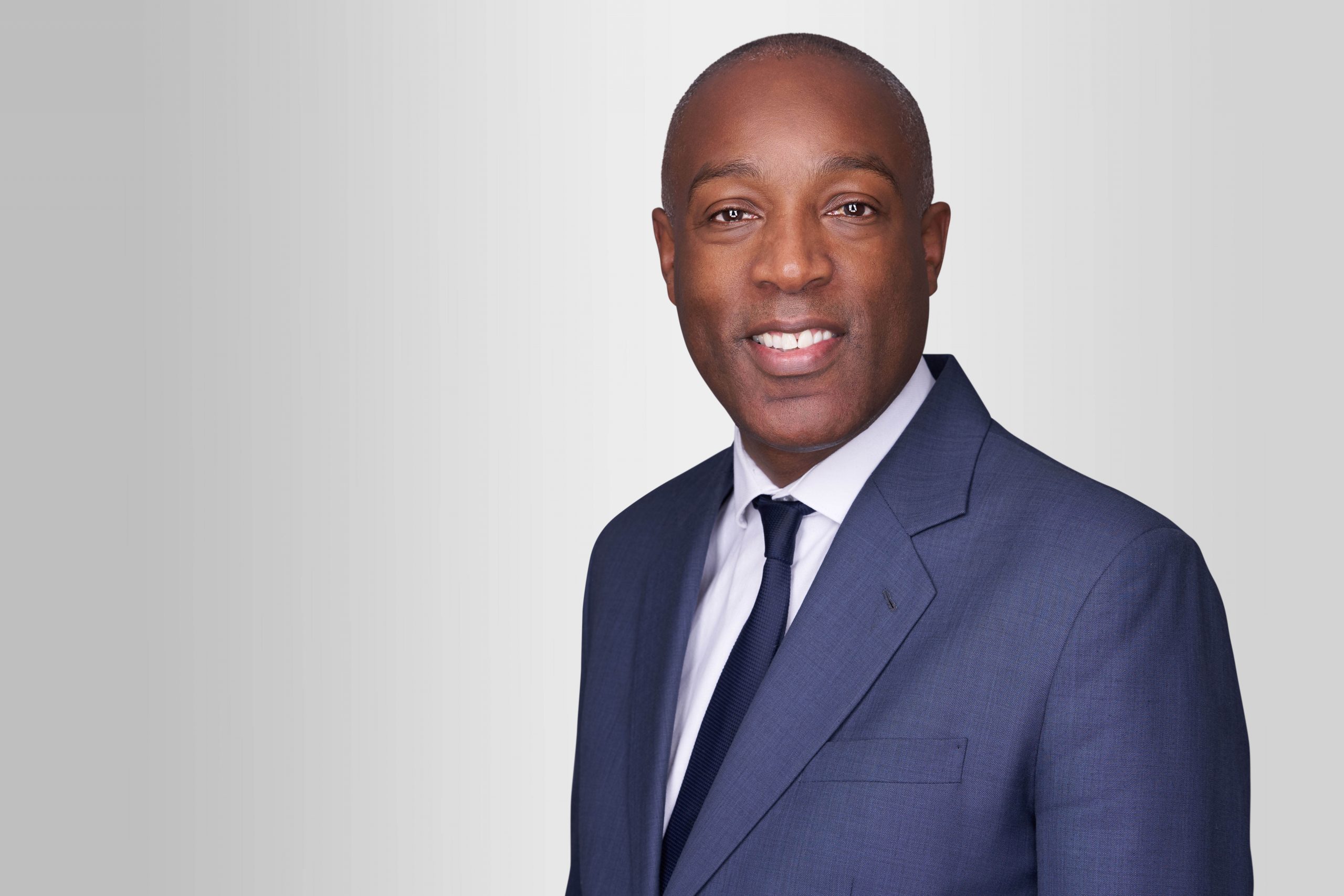The Office of The Public Guardian’s Safeguarding Role
Safeguarding is a term which is used to describe how vulnerable adults and children are protected from abuse or neglect.
Vulnerable people with capacity issues are at risk of abuse or neglect due to the actions (or lack of actions) of another person. Many government bodies have a duty to safeguard these people. For those people who are subject of a Court of Protection Order the Office of the Public Guardian (OPG) will be the relevant body. The OPG has a statutory duty to safeguard:
• Any person who has a deputy appointed by the Court of Protection.
• Anyone for whom the Court of Protection has authorised someone else to carry out transactions on their behalf.
• The donor of any registered Enduring Power of Attorney (EPA) or Lasting Power of Attorney (LPA).
What is abuse?
Abuse can be physical, financial, verbal or psychological. The abuse can be from the result of an act or a failure to act.
An abuser might be anyone who has contact with the vulnerable adult/child. This includes professional staff, paid carers, family members and associates. Often, they will deny, or not appreciate what they are doing amounts to abuse.
The OPG’s role in safeguarding adults at risk –
– Investigate – Respond to allegations of abuse.
– Remedy – Make application to Court of Protection.
– Prevent – Raise awareness of legal safeguards and remedies.
In the course of their investigations the OPG often share information with local authorities and other agencies they think are relevant, if they believe it is in the best interest of the person being abused.
If you believe someone you know is or has been subject to abuse, then it would be appropriate to inform the Office of the Public Guardian. You can do so on this email; or on Telephone: 0115 934 2777
Enquiries by the OPG can be painstakingly slow so many will instead make a direct application to the Court of Protection is more appropriate. Advice should be taken before doing so. Should you require assistance on this specific issue please contact the Court of Protection Team at Anthony Gold Solicitors.
*Disclaimer: The information on the Anthony Gold website is for general information only and reflects the position at the date of publication. It does not constitute legal advice and should not be treated as such. It is provided without any representations or warranties, express or implied.*

No comments